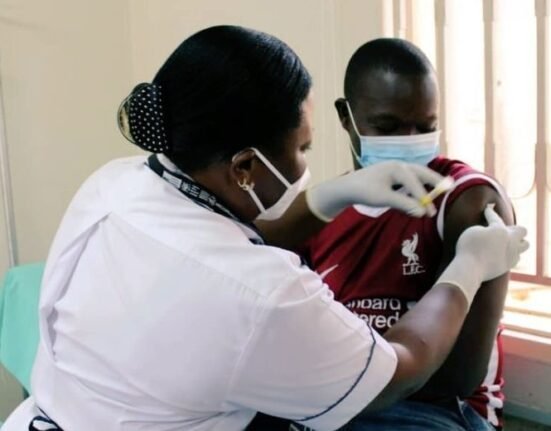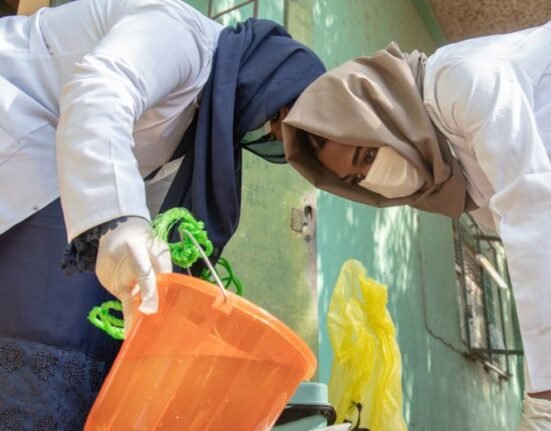HQ Team
July 15, 2023: About 316 new cases of mpox and two deaths have been reported to the WHO since June 24, with a significant rise of the disease in the South-East Asian region, mainly Thailand.
Seventeen of the 112 affected countries have reported new cases within the last 21 days, according to a WHO statement.
In the period of January 1, 2022, to July 11, 2023, a total of 88,288 laboratory-confirmed cases of mpox were reported, including 149 deaths. The cases came from 112 countries in all six WHO Regions.
Mpox is a zoonosis, a disease that is transmitted from animals to humans, with cases often found close to tropical rainforests where there are animals that carry the virus.
Evidence of mpox virus infection has been found in animals, including squirrels, Gambian pouched rats, dormice, different species of monkeys, and others.
Human-to-human
Mpox spreads to humans through contact with wild animals such as forest-dwelling small rodents such as sun squirrels, as well as primates such as colobus monkeys.
However, it can also be transmitted from human to human through direct contact with materials contaminated by their skin lesions or bodily fluids or on internal mucosal surfaces, such as in the mouth or throat, respiratory droplets, and contaminated objects.
The WHO declared the global outbreak of mpox a public health emergency of international concern on July 23, 2022, following the second meeting of the International Health Regulations (2005) Emergency Committee for the multi-country mpox outbreak.
The Emergency Committee recommended that all countries develop and implement plans for mpox control and elimination of human-to-human transmission while continuing to ensure the mitigation of zoonotic transmission.
The Ministry of Health of Trinidad and Tobago reported their first confirmed mpox case on July 11, 2023. It is yet to be officially shared with the WHO.
US, Brazil, Spain
The 10 nations that have reported the highest cumulative number of cases globally as of July 11, 2023, include the US (30,324), Brazil (10, 961), Spain (7,559), and France (4,147).
Others are Colombia, Mexico, Peru, the UK, Germany, and Canada. Together, these 10 countries account for 83.7% of the cases reported globally.
In the last week — July 3 to July 9, 2023 — a significant increase in the number of cases has been observed in the South-East Asia Region, driven by local community transmission in Thailand.
All the cases were male, self-identified as men who have sex with men, mostly from Bangkok without a travel history abroad in the 21 days prior to symptom onset.
The main route of transmission reported was sexual contact. Around half of the new cases are among people living with HIV, but so far, no severe illness or death due to mpox has been registered in Thailand.
Gay, bisexual
Transmission continues in the Western Pacific driven by new cases in China, according to the statement.
Overall, 84.1% of men affected globally have self-identified as gay, bisexual, and other men who have sex with men.
“This proportion, while slightly fluctuating over time, has consistently been above 75%, highlighting that most transmission continues to occur in this community.”
The most common symptom is any rash, reported in 90.0% of cases, followed by fever (55.2%), and systemic rash or genital rash (53.9% and 47.5% respectively).
About half of the cases with available information in this outbreak have been reported to be people living with HIV.
The first human case of mpox in the Democratic Republic of the Congo (then called Zaire) was documented in 1970 in the Équateur province.
Since the onset of the global outbreak of 2022-2023, it is clear that mpox can occur in any country, and the introduction or re-introduction of the virus that causes mpox remains an ongoing risk for all countries, according to the WHO.








